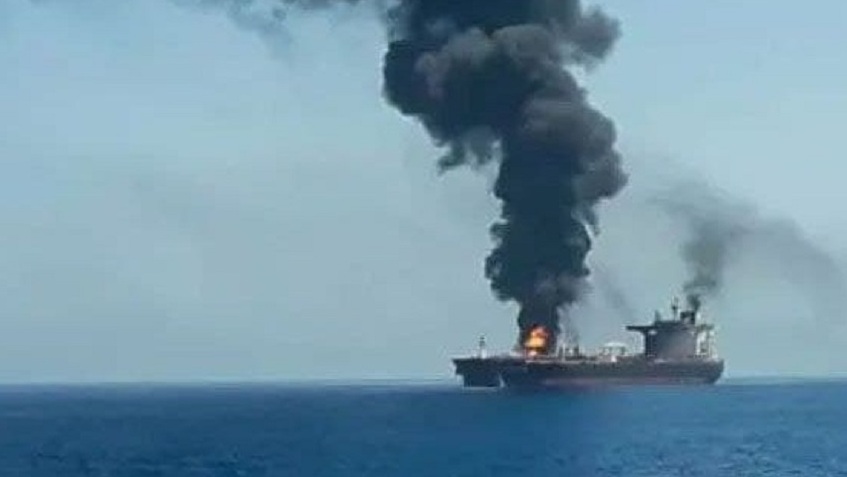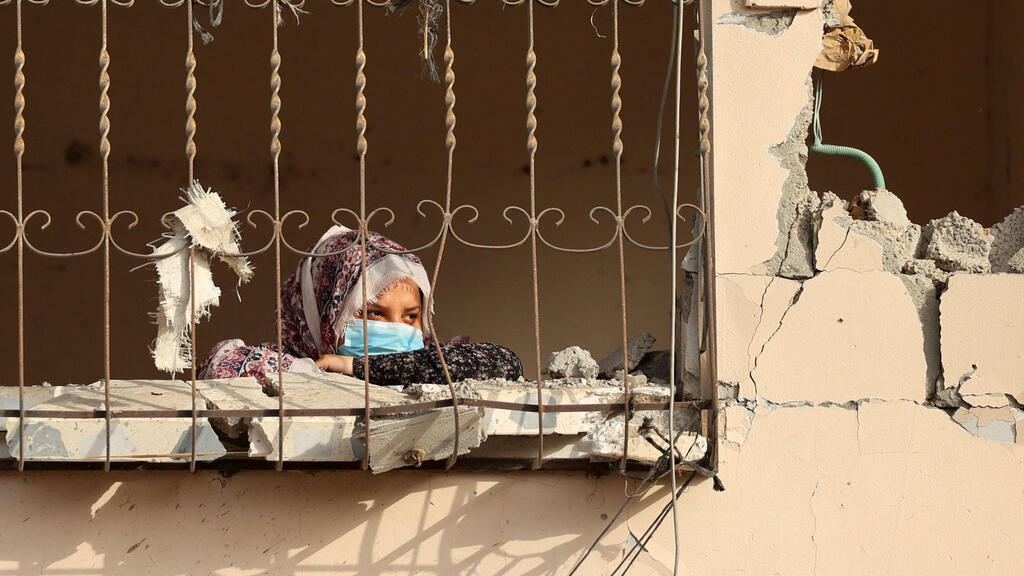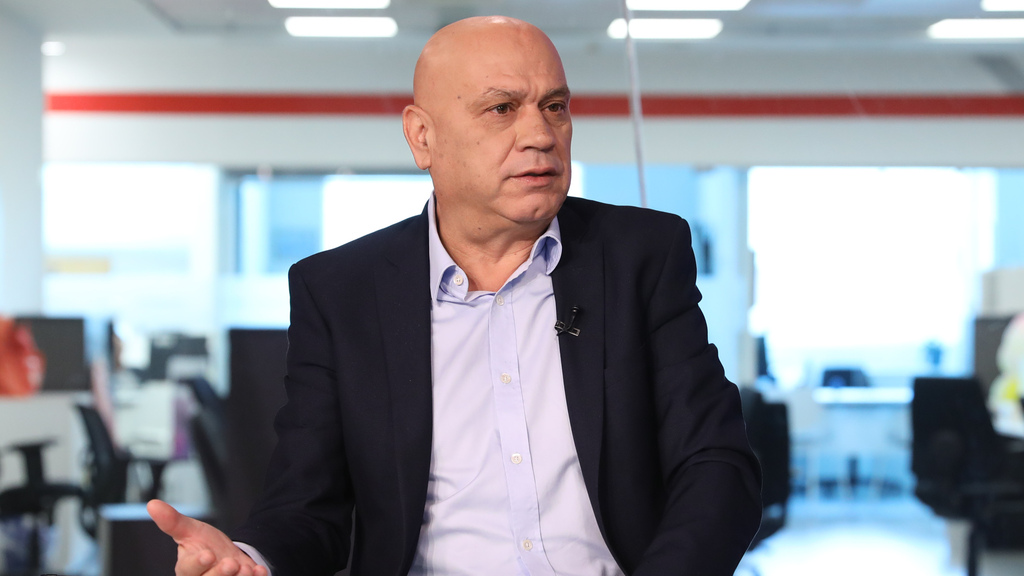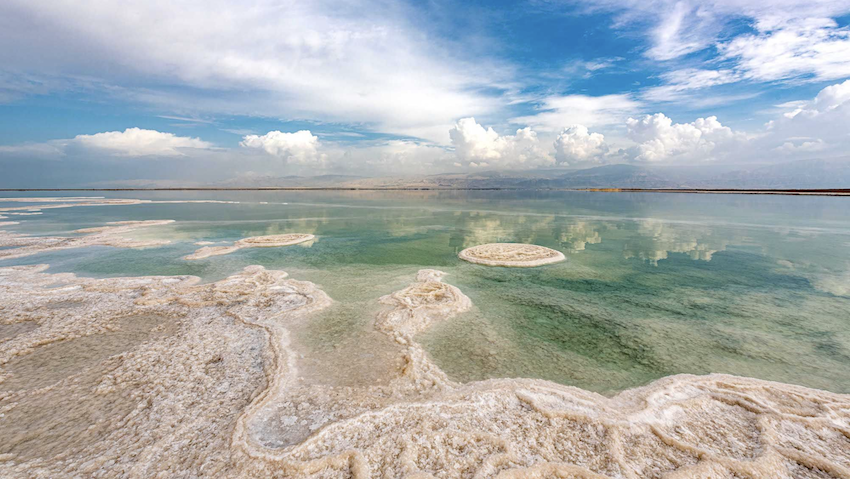Getting your Trinity Audio player ready...
Minister for Regional Cooperation Issawi Freij (Meretz) revealed that there are contacts with Gulf countries, including Saudi Arabia, on the matter of t Iran,
In an interview on the Alhurra channel, part of the U.S. Public Middle East Broadcasting Network on Monday, Friej said the threats by Iran were not only a problem for Israel or the Saudis and required a global response.
4 View gallery


The Israeli operated Mercer Street oil tanker after it came under an attack attributed to Iran in the Gulf of Oman, earlier this month
(Photo: Twitter)
Israel and Saudi Arabia do not have diplomatic relations but there have been signs of warming ties in recent years. Last year Israeli airliners were granted permission to use Saudi airspace en route to the UAE after Israel and several Gulf states signed normalization agreements.
Freij said that his personal dream as a Muslim was to go on pilgrimage to Mecca in Saudi Arabia without having to travel through a third country in order to do so. Israeli Muslims often travel via Jordan on their way to Mecca.
"I am convinced we will see such an opportunity soon," he said.
Freij said that there are serious discussions on all levels of government with the UAE in the wake of last year’s diplomatic agreement with the Gulf state, including mutual visits and steps to advance bilateral projects.
"We are working on a number of projects and have already seen some taking shape, including in the medical field. We are certain there will be more cooperation for the benefit of both Emirati and Israeli society," he said.
reij said relations with neighboring Jordan had suffered from a crisis of trust in the past decade but after Prime Minister Naftali Bennett's reported recent visit to Amman, steps were taken to solve the problem.
Israel and Jordan were set to cooperate on economy, renewable energy and water projects, the minister said, and added that Israel would build a water desalinization plant that would assist Jordan's water supply.
"We will be making an important decision in the coming weeks that will have important implications for our relations with our Jordanian brothers," he said.
Freij said the residents of the Gaza Strip were suffering and that his ministry was working to assist them.
One of the ways to do so is by putting into action the Paris Protocol, the part of the Oslo Accords that deals with economic development.
4 View gallery


A woman looks out of a window of her home in the Gaza Strip, damaged during the May fighting
(Photo: AFP)
The agreement outlines the economic relations between Israel and the Palestinian Authority including the establishment of a Joint Economic Committee, the establishment of import/export duties, monetary and financial duties, taxation, local production, labor regulation, agricultural production, industry, tourism and insurance.
"Israeli-Palestinian relations have been frozen for the past 10-12 years, under the government of former prime minister Benjamin Netanyahu," he said.
"That is why I have been working to bring about meetings of ministers from both sides, in order to find solutions for an array of problems," he said.



